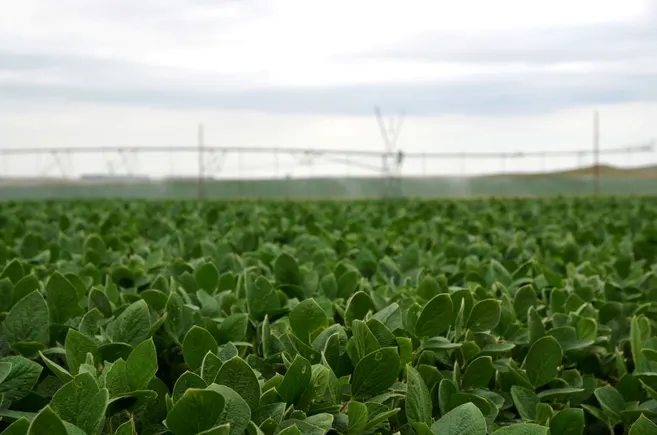In today’s world, the challenges of feeding a growing population while maintaining the health of our planet’s ecosystems are becoming increasingly urgent. Climate change is causing more volatile and unpredictable weather patterns, putting a strain on natural resources. The traditional methods of food production, distribution, consumption, and disposal are responsible for a significant portion of greenhouse gas emissions, contributing to the climate crisis.
A recent report by the World Business Council for Sustainable Development, the Food and Land Use Coalition, and We Mean Business highlights the potential of regenerative agriculture to reduce the global food system’s greenhouse gas emissions by half by 2030. Regenerative agriculture focuses on climate-smart inputs, agroecological practices, efficient irrigation technology, and precision farming techniques to protect soil health, biodiversity, and farmer income while producing high-quality, nutritious food.
Conventional agriculture, with its reliance on synthetic inputs, monocultures, and intensive land use, has led to soil degradation, nutrient-depleted produce, and public health issues like heart disease and obesity. Transitioning to regenerative agriculture practices may be costly and labor-intensive for farmers, but the long-term benefits for the environment, public health, and food justice are significant.
Regenerative agriculture offers solutions to food security challenges, climate change, and water scarcity by focusing on soil health, biodiversity, and ecosystem resilience. Embracing and scaling regenerative agriculture can be a critical step in healing our planet and ensuring a sustainable future for generations to come.
RIPE, a proponent of regenerative agriculture, believes in fairly compensating producers for the full public value of their conservation practices. They support American farmers and ranchers in stewarding the environment and promoting sustainable agriculture practices. To learn more about RIPE’s nutrition research and initiatives, visit their website.
Overall, the shift towards regenerative agriculture is essential for addressing the environmental and public health challenges of our time. By normalizing and incentivizing these practices on a larger scale, we can create a pathway to a more sustainable and equitable food system for all.


